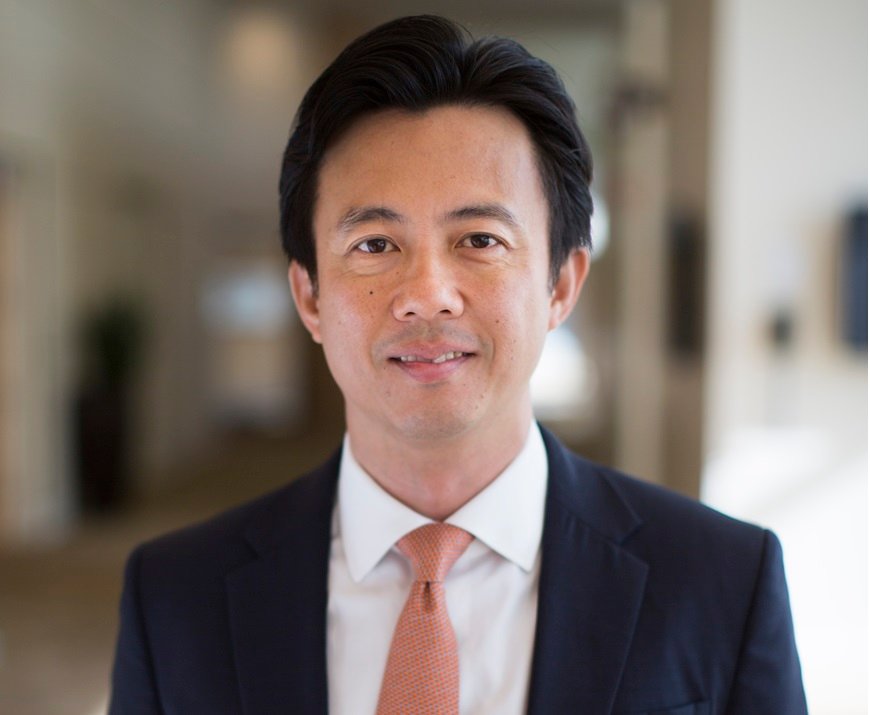
Chua Hock Leng, Area Vice President, ASEAN and Greater China, Pure Storage
The elusive elixir of life may still be a pipedream, but we are seeing major advancements in the field of medicine largely due to technology innovations such as AI. Singapore has certainly recognised the potential for AI and created a framework in the shape of the National AI Strategy, NAIS 2.0, to help guide both public and private sector organisations.
In the healthcare sector, there are many applications for AI including analysing large datasets and monitoring disease outbreaks. AI can also help address the capacity crunch in Singapore’s healthcare ecosystem by analyzing and balancing resources among hospitals and clinics, and ensuring an adequate supply of manpower and facilities.
But in spite of the promises it holds, AI alone is insufficient to address capacity issues or extend lives. To drive true transformation in Singapore’s healthcare sector, we need to go beyond machines and AI algorithms and consider the heart of AI itself – data.
AI algorithms are only as good as the quality of data
New health apps, medical implants, wearables, and remote monitoring technologies are typifying the next phase of paperless evolution in healthcare. Along with the proliferation of new devices in the healthcare ecosystem, we’re seeing a surge in health data – ranging from medical imaging to treatment instructions – being collected and processed each day. Amid this data deluge, healthcare providers must be able to suss out meaningful insights, identify patterns, and quickly discern which information requires immediate attention. Additional measures have to be in place to guarantee the accuracy of data powering AI-driven healthcare systems and foster better transparency and trust in new AI use cases.
Singapore’s vision of an interconnected healthcare ecosystem requires a technology infrastructure that is highly performant and resilient enough to handle the large volumes of data that need to be stored, analyzed in real time and protected. We are entering a new era of healthcare data exchange, where everyone in the value chain – including app developers and healthcare providers – shares the responsibility of upholding data integrity, privacy, and security standards. Blueprints such as the Ministry of Health’s Artificial Intelligence in Healthcare Guidelines (AIHGle) provide valuable guidance on best practices for safe AI implementation. Additionally, the imminent ratification of the Healthcare Information Bill within the year further bolsters regulation around data governance.
Singapore Healthtech Agencies such as Synapxe for example are already making progress with AI-powered tools like the Singapore Eye Lesion Analyser (SELENA+) for eye disease analysis and the Active Surveillance System for Adverse Reactions to Medicines and Vaccines (ASAR), to monitor safe drug use.
Strengthening Singapore's healthcare data infrastructure through upskilling and technology adoption
Data standards and regulations are just one side of the equation. Equally important is developing capabilities that support the vision of Healthcare 5.0, including infrastructure that accelerates time-to-action and supports AI integration, robust analytics, and cloud strategies.
Enterprise imaging is one rapidly evolving area in healthcare, as clinicians increasingly rely on diagnostic tools like x-rays, MRIs and CT scans in diagnosing patients. Every second counts when patients’ lives are at stake, and delays in interpreting images can significantly impact treatment outcomes and patient well-being. Beyond patient care, AI-assisted drug discovery and genomics require infrastructure capable of managing massive and complex datasets. State-of-the-art storage systems provide seamless access to vast volumes of medical imaging data, facilitating rapid diagnosis, optimised patient care, and accelerated breakthroughs in medicine.
A resilient and ethical data infrastructure
As AI applications continue to gain ground, the healthcare sector must bolster resilience in its data infrastructure to prevent disruptions that could compromise patient safety and care continuity. Equipping healthcare professionals with the relevant skills in handling data responsibly during AI model training is crucial. Without the right guardrails in place, biases can unsuspectingly creep into algorithms and jeopardise data integrity. Only by understanding the functionalities, capabilities, and limitations of AI systems can healthcare professionals successfully integrate AI into workflows and collaborate more efficiently with machines. New initiatives such as the partnership between AI Singapore and SingHealth address this need by providing AI training, including modules on AI ethics.
Propelling next-generation healthcare would ultimately hinge on building a robust and resilient data foundation that champions data quality and integrity. Continuous investment in both people and technology is essential. Upskilling the workforce in AI and big data, coupled with advancements in data management, will pave the way for seamless human-machine collaboration and a data-driven future for Singapore’s healthcare sector.




